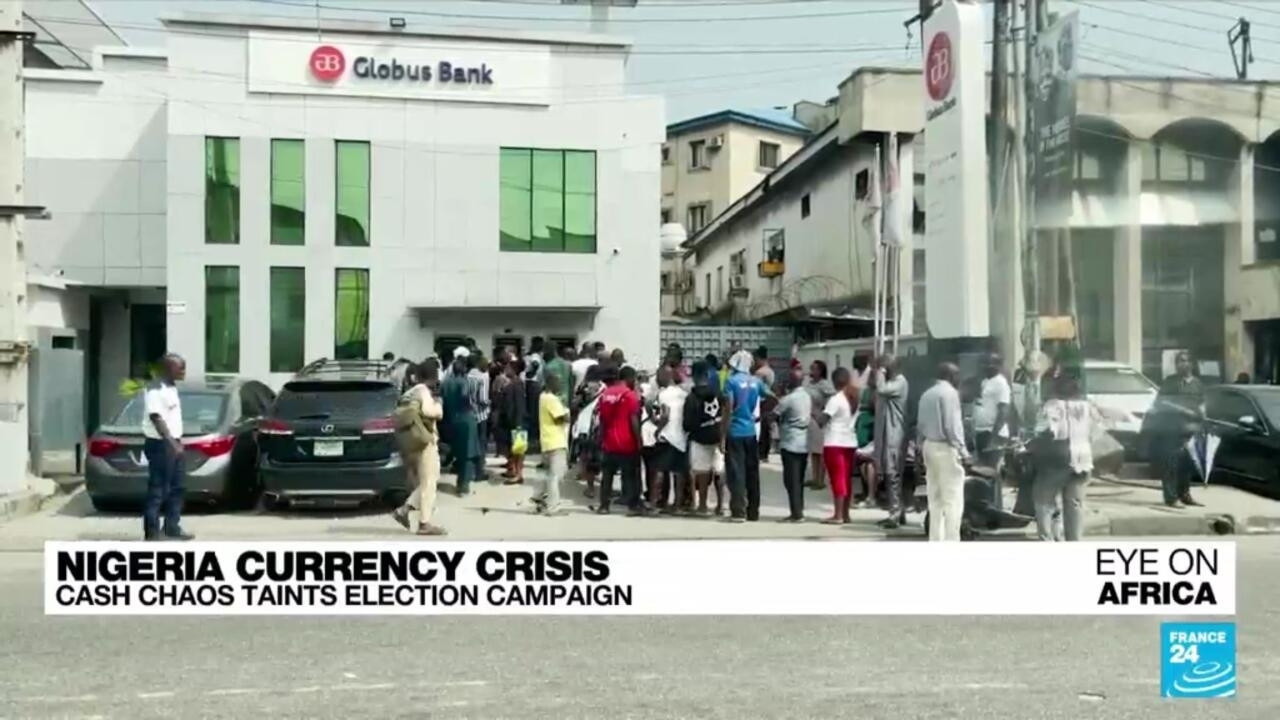Nigerians have, again, been thrust into desperation as they grapple with cash shortage that has cast a dark shadow over their daily lives. Months after the Supreme Court’s ruling, permitting the coexistence of the old and new naira notes, the crisis persists, leaving countless individuals struggling to secure basic necessities. The scarcity of naira notes has partially crippled commerce throughout the country, especially in the informal sector. Businesses are incapacitated, unable to complete transactions efficiently, resulting in a slowdown of economic activities. Some people are left in dire straits, desperate for cash to meet essential expenses such as food, transportation, and healthcare, among others. The cash crisis has created a fertile ground for unscrupulous elements and businesses to engage in predatory tactics. Retailers are exploiting the despair of consumers by overcharging for goods, while others hoard cash to sell at inflated prices. This rampant profiteering has further burdened the already strained financial resources of many Nigerians. It is deeply concerning that while the citizens are still contending with the fallout of a failed disastrous currency redesign policy last year, the Central Bank of Nigeria (CBN) has initiated another misguided scheme that has exacerbated the scarcity of the legal tender. This ill-conceived move is implemented at a time when Nigerians are already struggling with inflation, rising unemployment, and declining living standards. The CBN’s actions have only served to compound their plight. The timing of the plan is particularly cruel and demonstrates a fundamental lack of consideration for the well-being of ordinary Nigerians. The Central Bank has failed to adequately assess the severe consequences of its policies on the lives of citizens, who are now compelled to endure an atmosphere of uncertainty and hardship. Despite the apex bank’s assurances of sufficient naira notes in circulation, the cash dilemma continues to torment Nigerians. The situation has worsened following introduction of withdrawal limits by the nation’s financial authorities, leading to an increased reliance on Point-of-Sale (POS) terminals. However, this dependence has come at a steep cost. POS service providers have taken undue advantage of the shortage by imposing exorbitant charges, further burdening consumers. The surge in charges has negated the convenience of POS transactions, driving up the overall cost of obtaining cash. The CBN’s claims of adequate cash supply ring hollow in light of the predatory practices of POS operators. Currently, naira scarcity has gripped major cities across the country, with Automated Teller Machines (ATMs) running dry and commercial banks introducing withdrawal limits. Consequently, POS operators have compassed the moment to exploit the situation. Investigations have revealed that some bank officials who own POS businesses, channel cash meant for the public to these outfits. This is economic sabotage. These unpatriotic Nigerians must be identified and punished appropriately. The Acting Director of Corporate Communications at the CBN, Mrs Hakama Sidi Ali, has acknowledged that there has been a rise in the amount of money in circulation. However, she claims that the scarcity of cash is due to individuals hoarding it. This explanation contradicts the actual situation on the ground, as numerous banks have been unable to fulfil the daily requests for cash withdrawals. This is why it is required for the Federal Government to promptly intervene and resolve the difference between what the Central Bank asserts and the actual availability of cash. They should contemplate raising the limits for cash withdrawals, improving access to banking services in areas that lack sufficient coverage, and partnering with mobile money platforms to offer alternative payment options. To restore confidence in the banking system and help Nigerians affected by the current liquidity crisis, it is necessary to make coordinated attempts to increase the amount of cash in circulation. This can be achieved by taking strict actions against unfair point of sale charges and implementing measures to safeguard consumers from excessive profit-making. The Central Bank can address the liquidity crisis by implementing these steps, and provide relief to the suffering population. While we promote alternative modes of payment, including electronic channels, to reduce pressure on cash, the authorities must recognise that resolving the cash crunch is not merely an economic issue. It is a matter of social justice. Every Nigerian deserves easy access to their hard-earned money without being subjected to inordinate drudgery. The government has a moral responsibility to address this crisis swiftly and effectively to restore financial stability and ensure the well-being of all its citizens.
Elena Kowalski
Political Analyst
Analyzing political developments and policies worldwide.

















